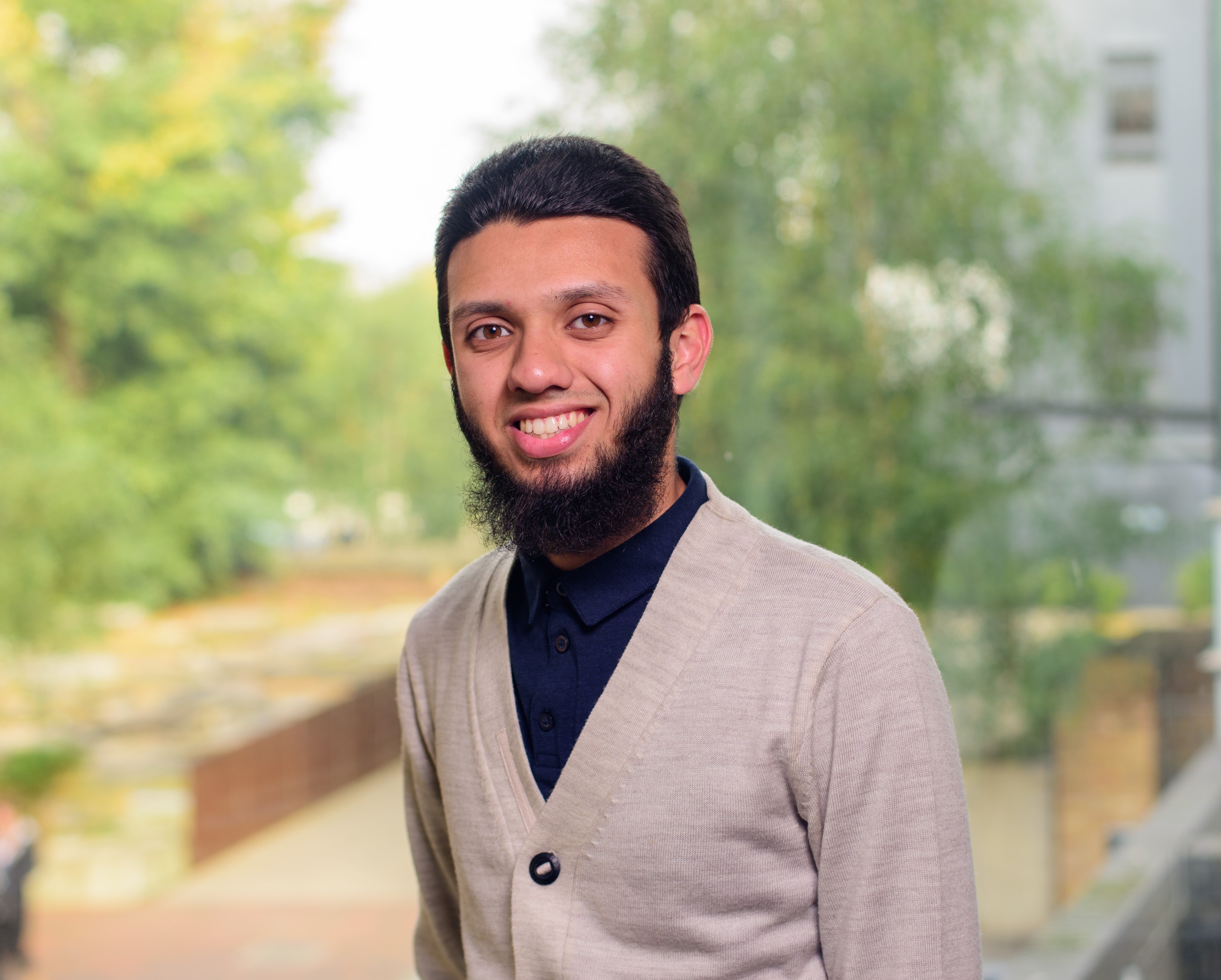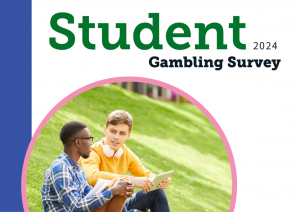Jahid Hussain is currently studying BSc Psychology at Queen Mary University of London with the aspiration of working with young people. Jahid works part-time for YGAM to deliver awareness campaigns to fellow students as part of the University engagement programme. Here he writes about the impact COVID19 has had on the gaming and student community.
As the world is slowly getting back on its feet again after lockdown, there is one community which continues to grow – the gaming community. Despite the economic downturn and the global pandemic, the gaming industry has boomed, becoming a world without restrictions and a home for everyone, from the avid gamer with the activity embedded in their DNA to the mellow and humble folk who play simply to fill short pockets of free time.
Here at YGAM, we strive to inform, educate and safeguard young people around the potential harms caused by gaming and gambling. After talking to peers at various University events, we can agree that a lot of things are best in moderation. With alternatives pastimes fairly thin on the ground, I have seen many friends spend more and more time gaming online. It’s no surprise, especially since online examinations are over and done with.
With GCSE and A-Level exams also scrapped this year, for many young people it seems like they have nothing to work towards, freeing them up to explore the world of gaming and an online community where they can meet friends whenever they want whilst not being subjected to the current restrictions.
YGAM conducted their own student research last year alongside Red Brick and found that the most common platform for gaming is a mobile phone (74%). Before you PC and console gamers get triggered, this actually isn’t a bewildering statistic considering that I myself, don’t know a single University student who doesn’t have a mobile phone and with over 900,000 gaming apps available on the Apple App store as of 2019, this now seems like a one-horse race. However, nearly half of our student sample spent over 4 hours a day on their digital device and 33% struggle to switch it off…sound familiar?
Although lockdown is easing across most of the country, students are still spending the majority of their time befriending a console. You wouldn’t want someone other than your mum telling you off for it, that’s totally fine since you probably love the thrill of trying to get a legendary Genji skin on Overwatch or trying to pack Jadon Sancho on FIFA (he’s coming to Manchester in the summer right?). However, research suggests that you have a less then 1% chance of unpacking Lionel Messi, meaning it could cost upwards of £140 to get him in your team! Electronic Arts (EA) called them ‘surprise mechanics’ when questioned about their addictive nature at a UK parliamentary panel in June, 2019. It is important that younger generations are educated to make informed decisions about the games they are playing and purchases they are making.
I think it is appropriate that we suggest some alternatives to filling in some time more productively in exchange for a small proportion of your time spent gaming (getting to prestige 10 on COD isn’t productive). These are things as basic as going out for walks, playing sports and seeing friends and family according to government guidelines. Amongst other things is to pick up a hobby or a skill, get into reading books or get outside and enjoy the fresh air.
If you are a student and you feel that your gaming is causing you distress or negatively interfering with your studies then there is support available. YGAM works with universities across the country to educate staff and provide welfare officers with the tools to support students.
I’ll wrap up by reminding you to visit the YGAM website for further information and resources, discussions on gambling and gaming, as well as free accredited courses online. Plenty of stuff to build your digital resilience and stay happy and healthy online. Who knows, maybe we can shift the way we think about gambling and gaming… forever.
Jahid Hussain
YGAM Community Development Manager (Queen Mary University of London)
If you have questions or concerns about your own gambling or about that of a friend or family member, you can call the 24/7 National Gambling Helpline on Freephone 0808 8020 133.



